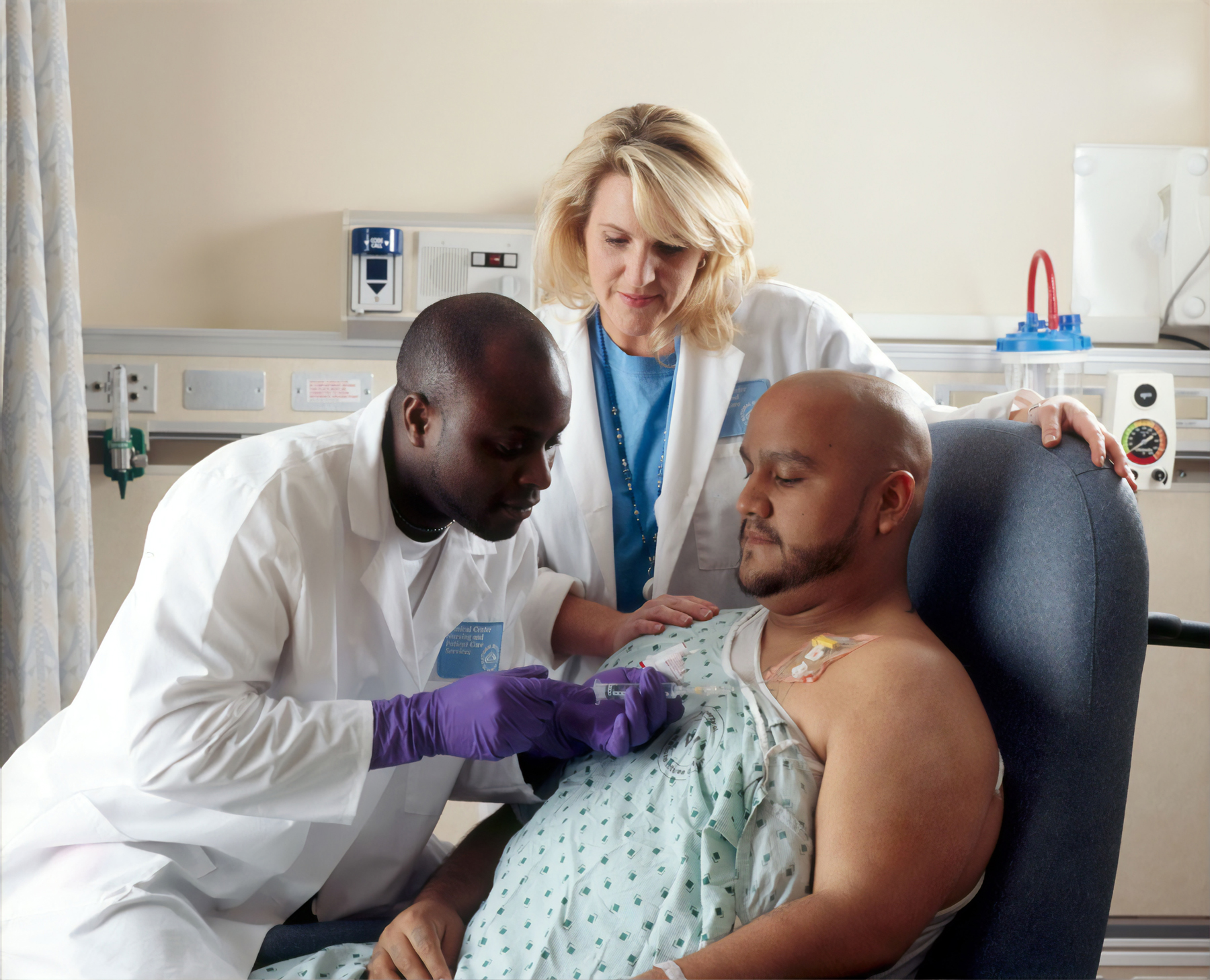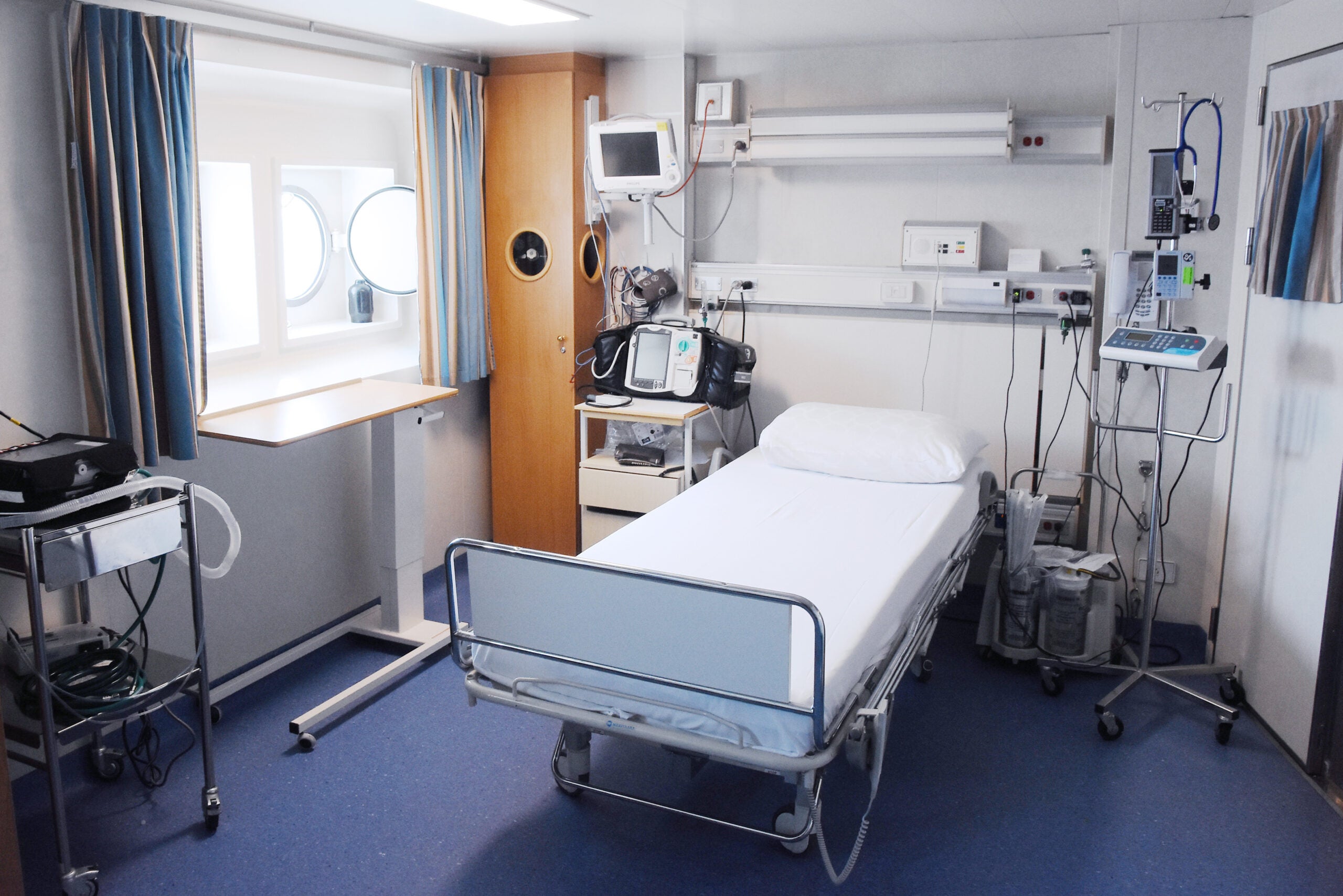Cruise ships are equipped with medical centers that provide emergency care and routine medical services. They typically feature doctors, nurses, basic medication, and equipment for minor procedures.
Sea voyage aboard a cruise ship comes with the reassurance of access to medical care. Modern cruise liners have upgraded their onboard medical facilities, ensuring guests have medical support similar to what you’d find in a community clinic.
These centers are ready to handle an array of medical issues, from seasickness and minor injuries to more complex health emergencies. Crew members trained in first aid complement the ship’s medical professionals in ensuring passenger safety.
As the industry continues to grow, cruise lines make ongoing improvements to their health services, mirroring the advances in onshore medical technology and protocols. This commitment allows passengers to enjoy their journey with peace of mind, knowing health care is always within reach.
Quick Navigation

Cruise ships are well-equipped for medical emergencies. Each ship hosts a medical center similar to small land-based clinics. Doctors and nurses with training in various emergencies are always on standby. They are ready to handle anything from minor illnesses to stabilizing patients.
The medical centers come with essential equipment and technology. This includes defibrillators and x-ray machines. These tools help in diagnosing and treating passengers swiftly. Some ships also carry laboratory services for basic testing. This is to ensure health issues don’t spoil your voyage.
For critical cases, telemedicine connects onboard doctors with specialists on land. This way, you get expert advice even while cruising the ocean.
Comparing Treatment Capacity
Cruise ships are equipped to handle a variety of common health issues. Guests often seek treatment for seasickness, minor injuries, or allergic reactions. Crew doctors can also address respiratory infections and provide routine medical care. Many ships stock medications for everyday conditions like headaches or indigestion.
Despite these capabilities, there are distinct limitations to medical facilities onboard. Complicated medical situations, like surgeries, cannot be managed at sea. Emergency evacuations may be necessary for serious conditions. Cruise lines often recommend that passengers purchase travel insurance to cover unexpected medical costs.
The Anatomy Of Cruise Ship Medical Centers

Cruise ships are well-equipped with medical facilities to handle emergencies. These centers resemble mini hospitals, offering care at sea. They feature examination rooms, where doctors check patients. Patients in need of more care use the critical care areas. Cruise medical centers also have on-board pharmacies.
These pharmacies provide prescription and over-the-counter medications to guests and crew. Ensuring health and safety, these facilities cater to the needs in a scenario of limited hospital access. Rest assured, medical experts are ready to offer professional health services when needed.
Responding To Emergencies At Sea
Cruise ships are equipped with medical centers to handle emergencies. Doctors and nurses provide care for passengers and crew. For serious cases, medical evacuation can be necessary. Ships use radio to contact coastal medical facilities for instructions.
Emergency procedures are strict on cruise ships. Crew members train regularly for medical crises. Each ship has a plan for quick and safe evacuations. Helicopters and boats are used for patient transfer.
Crew Training And Passenger Awareness
Cruise ships focus on keeping everyone safe. Crew members receive rigorous health and safety training. Skills include emergency response and medical care.
Regular drills ensure preparedness for different scenarios. Training meets international safety standards. This guarantees high competence levels among staff.
Information for passengers is also vital. Cruise lines provide guidelines on staying healthy. This includes hygiene practices and medical services available onboard.
Regulatory Waters And Standards Of Care
Cruise ships must follow international health rules. These rules make sure everyone on the ship stays healthy. Doctors and nurses are on board to help sick people. They use up-to-date medicines and equipment.
Ships keep getting better at handling health problems. They use new tools and medicines to treat passengers. Training for medical staff gets better too. They learn new ways to keep everyone safe.
Frequently Asked Questions
What Onboard Medical Services Do Cruise Ships Provide?
Cruise ships typically offer basic medical services akin to a general practitioner’s office. They have facilities for treating minor injuries, common illnesses, and have some capacity for emergency response.
Can Cruise Ship Doctors Perform Surgeries?
Only in extreme emergencies, and limited by equipment and space. Cruise ship infirmaries are prepared for minor procedures, but major surgeries require evacuation to a shoreside hospital.
How Equipped Are Cruise Ship Pharmacies?
Cruise ship pharmacies carry essential medications for common conditions and urgent care needs. However, they may not have a comprehensive stock like land-based pharmacies.
Are Medical Consultations On Cruise Ships Free?
No, onboard medical consultations typically incur a charge. Health insurance may cover these costs, but it’s best for passengers to check their policy details before cruising.
Conclusion
Cruise promises not only adventure but safety too. Modern vessels are equipped with advanced medical facilities to ensure passenger health. From well-staffed infirmaries to emergency equipment, your wellbeing is prioritized.
So as you set sail, rest easy knowing you’re in capable hands, ready to enjoy a carefree voyage on the high seas.
